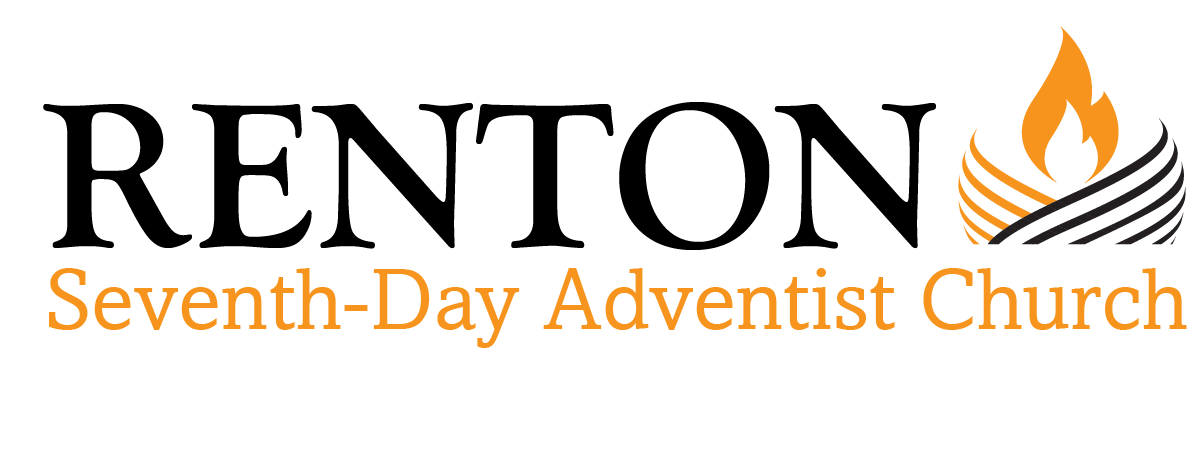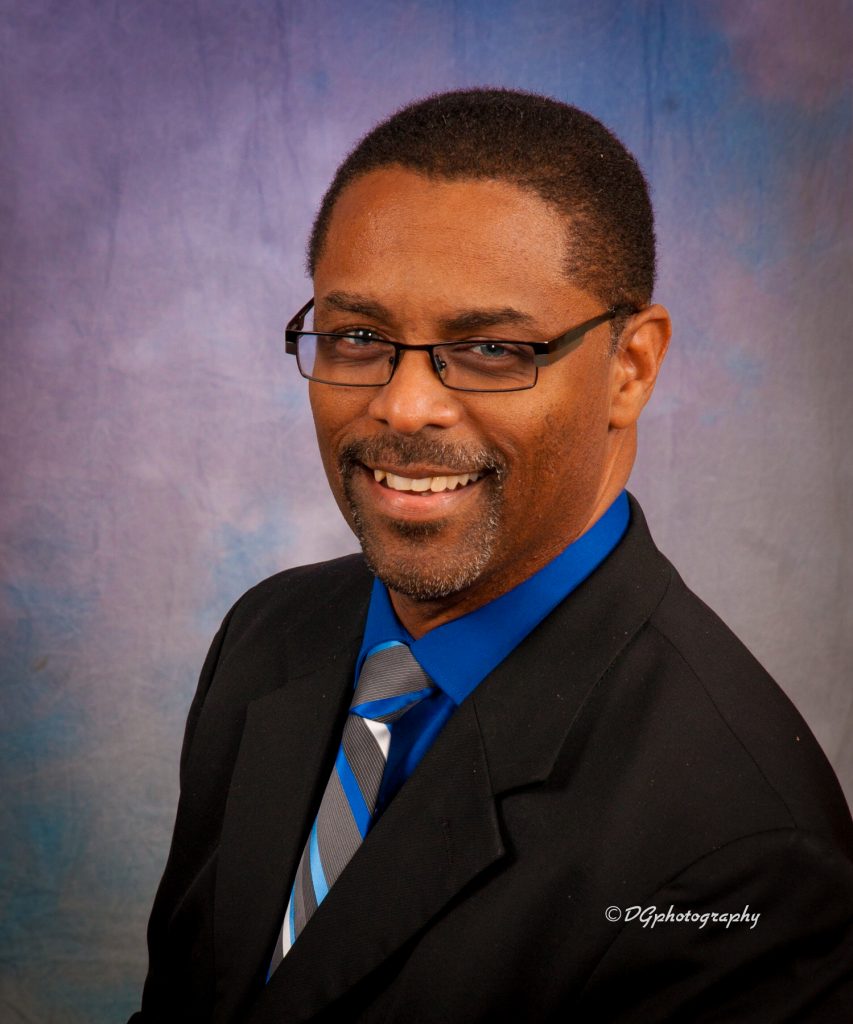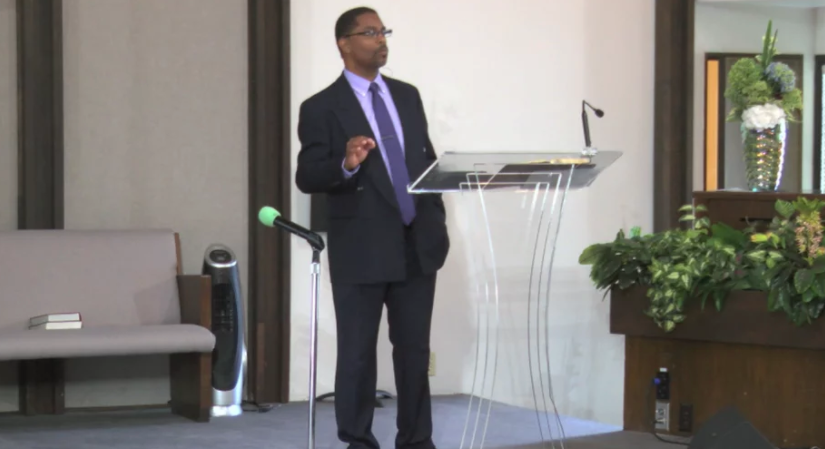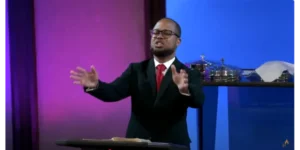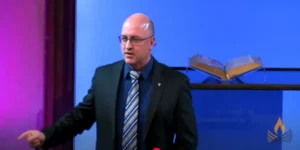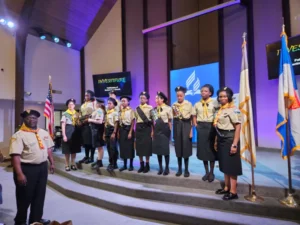I love our church family! How proud I am to serve as pastor in a church where a Puerto Rican gives the children’s story, a Columbian and Moldovan sing the special music, a Caucasian gives a testimony, a citizen from Congo reads the scripture, and a Zambian leads the worship service. What a taste of heaven! The rainbow of colors and nationalities at Renton is something we celebrate, encourage, and value. Our “familia” reflects the kingdom of heaven, and is an
incarnation of the everlasting gospel that the first angel proclaims to “every nation, and kindred, and tongue, and people” (Rev. 14:6).
But my Sabbath “high” was brought low that night as I watched the news out of Charlottesville, Virginia where a white nationalist protest gathering erupted in violence and turned deadly. The images of hate, mayhem, and bigotry sickened me and stood out in stark contrast to what we had experienced earlier in the day. While we were worshipping in the beauty of holiness and unity, others were fighting and dying in the ugliness of hatred and racism. There couldn’t be a clearer distinction between two sets of values and two kingdoms—the kingdom of love and light, and the kingdom of hate and darkness.
There can be no doubt that we are witnessing the fulfillment of Christ’s words concerning the end that “the love of many will wax cold” (Matt. 24:12). Love was not on display in Charlottesville on Saturday. Fear was. And as we learned in our sermon study on the lost coin, the fear response, triggered by the amygdala in the brain, shuts off the love/empathy/relational response.
Hate exists in an atmosphere of fear, and in America today, we are drowning in fear. The politics of fear have permeated the national conversation and the national consciousness resulting in a predictable rise in hate-speak, hate crimes, violence, and rage. It’s a descent into the darkness of
the soul where our worst demons are unleashed.
The parable of the Lost Coin has a relevant message for us today. Rewind to Luke 15:8-10. Keep in mind that the coin doesn’t know it’s lost. It is ignorant of its lost condition. The coin is also lost “in the house.” The people Jesus told this story to were “in the house” in terms of spiritual status. The Pharisees considered themselves the elite of God. They were “in the law,” “in the temple,” and “in the lineage of Abraham.” They were also Israeli Nationalists who had
nothing but disdain for “sinners” and “outsiders”—Gentiles, tax collectors, lepers and the like. But they were lost and didn’t know it. Their attitudes were toxic, and though they honored God with their lips, their hearts were far from Him. Lost without knowing it. I think we are seeing more and more lost “coins” in our country, and in our world. But the good news is that even when we
are dead in our trespasses and sins, we are infinitely valuable to God. He, like the woman in the parable, keeps searching until He finds what is lost.
What can we do to recover lost coins? How are we to live in a world that is increasingly descending into darkness and fear? I believe we must take the same three actions highlighted in the parable.
1. Light the lamp. “Your word is a lamp for my feet, a light on my path” (Psalm 119:105). The Word of God brings the light of heaven to the dark places of our souls. The fact that we have the Word of God means God is looking for us! In the light of its pages, we can find the way home. I want to challenge you to live and think biblically. Disciples of Christ are not to live reactionary lives, reacting to the actions of others. We’re to live by faith, acting only according to “every word that proceeds from the mouth of God” (Not every word of the news, politicians, or social media.) Renew your mind (Rom. 12:2) by feeding on the Word, claiming its promises, and obeying it.
2. Sweep the floor. Remove any obstructions to the search. “Get rid of all bitterness, rage and anger, brawling and slander, along with every form of malice. Be kind and compassionate to one another, forgiving each other, just as in Christ God forgave you” (Eph. 4:31, 32). If there’s an agitation of circumstances around you, the Spirit may be sweeping the dusty corners of your life, clearing away the clutter. When the dust of your life is flying, proceed with caution, God is working.
3. Search. God doesn’t quit on us. We may, but He won’t. You’re nobody’s chump change and He searches for you with great care and persistence. Likewise, we can’t quit praying for those who still need to be found. Pray as if a life depends on it, because it does. Pray for the healing of our nation—for blind eyes to see and hard hearts to soften. Determine not to live in fear. “There is no fear in love, for perfect love drives out fear” (1 John 4:18). Let us not be reflectors of the fear around us, but of the God within us—the God who is
love (1 John 4:8). And do not take the gift of our diversity for granted. Let’s deepen our relationships with one another, not limiting them to Sabbath mornings. Be intentional about sharing a meal with someone of a different background and listening to their stories. We’re not a perfect church family, but we’ve been given a gift that the world desperately needs. Let that gift
shine a light in the darkness.
